Keywords: Michele Madigan
-
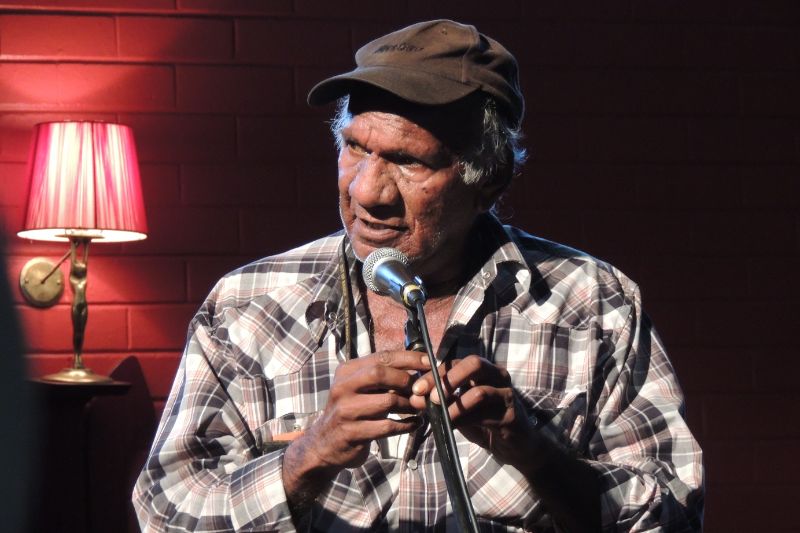
ENVIRONMENT
- Michele Madigan
- 18 April 2024
7 Comments
An Arabunna man, Uncle Kevin Buzzacott devoted himself to the protection of that delicate, glorious country of north eastern South Australia with its Great Artesian Basin’s ancient waters threatened by the succession of powerful mining companies operating Roxby’s Olympic Dam.
READ MORE
-
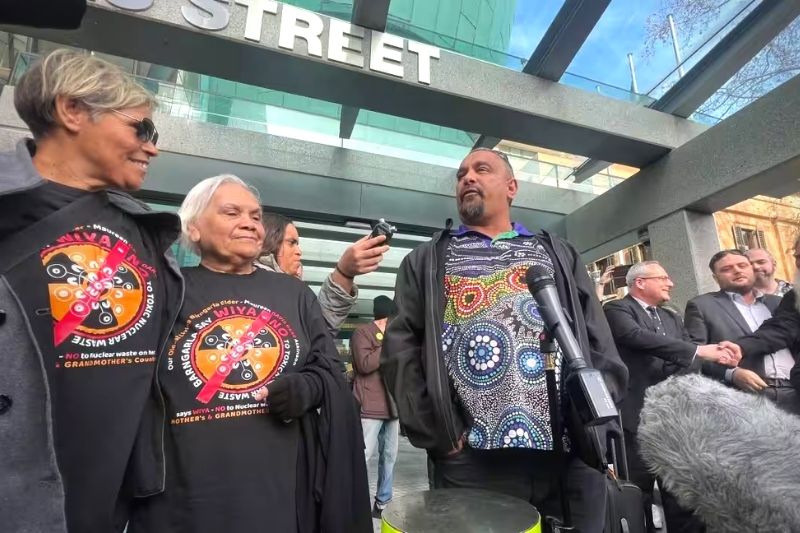
ENVIRONMENT
- Michele Madigan
- 10 August 2023
9 Comments
Barngarla traditional owners celebrated after the Federal Court set aside a decision to build a nuclear waste dump at Kimba when a judge found the decision had been shaped by 'bias'. This comes after a six-year fight against a controversial proposal to build a nuclear dumping facility on Kimba Native Title land.
READ MORE
-
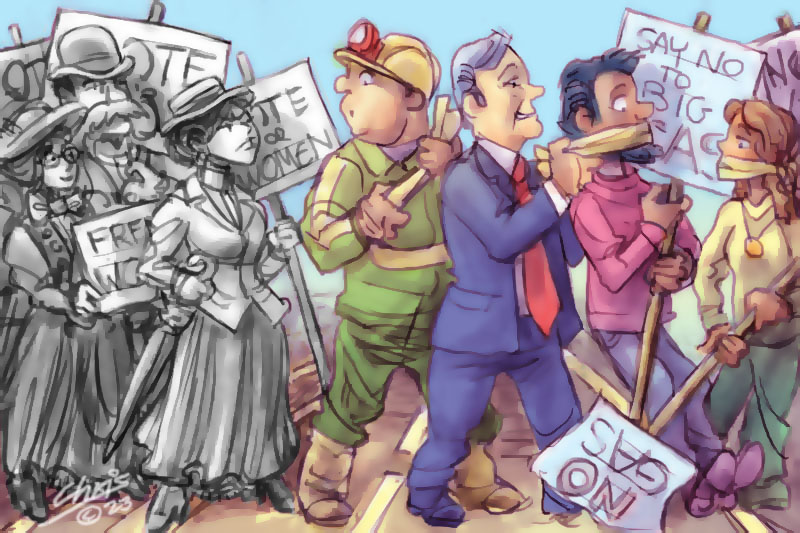
AUSTRALIA
- Michele Madigan
- 29 June 2023
2 Comments
Following a rally by climate action group Extinction Rebellion, anti-protest laws were rushed through the SA lower house, increasing the maximum fines for disruptive protests along with potential jail time. Sadly, SA is not an outlier here, but is rather in step with the rest of the country with similar ‘draconian’ laws regulating protests.
READ MORE
-
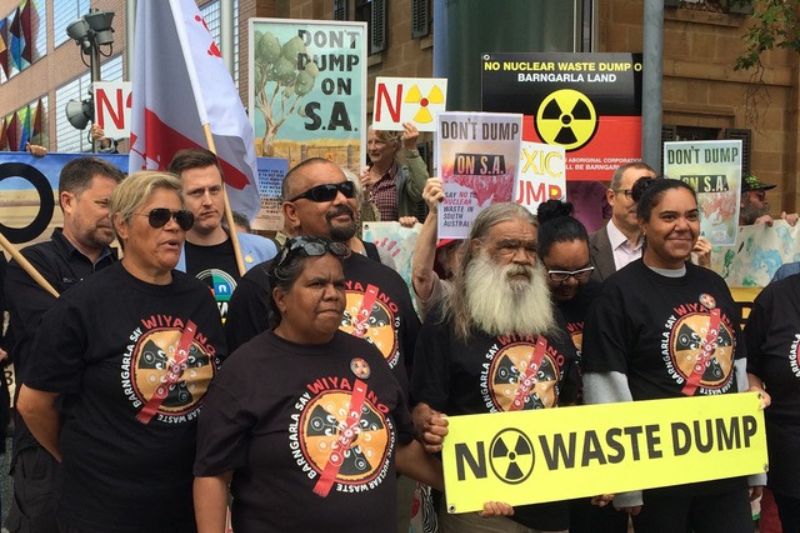
ENVIRONMENT
- Michele Madigan
- 16 March 2023
14 Comments
Barngarla traditional owners continue to resist the plan for a nuclear waste facility in Kimba, despite millions spent by successive federal governments, and ongoing unanswered questions about the project's necessity and the risks involved.
READ MORE
-
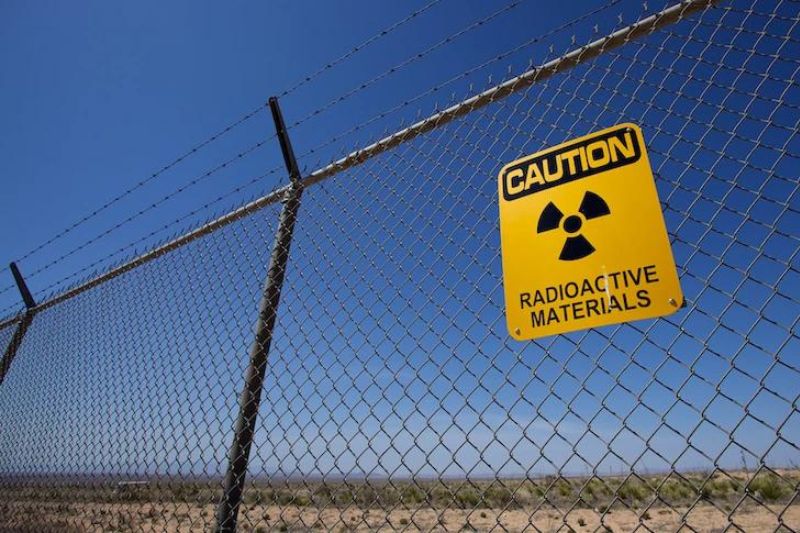
ENVIRONMENT
- Michele Madigan
- 04 August 2022
9 Comments
With $1 trillion of debt accumulating over the last seven years in attempts to establish a National Radioactive Waste Management Facility, the new Labor Government is facing mounting pressure to rethink the nuclear waste storage plan for Kimba.
READ MORE 
-
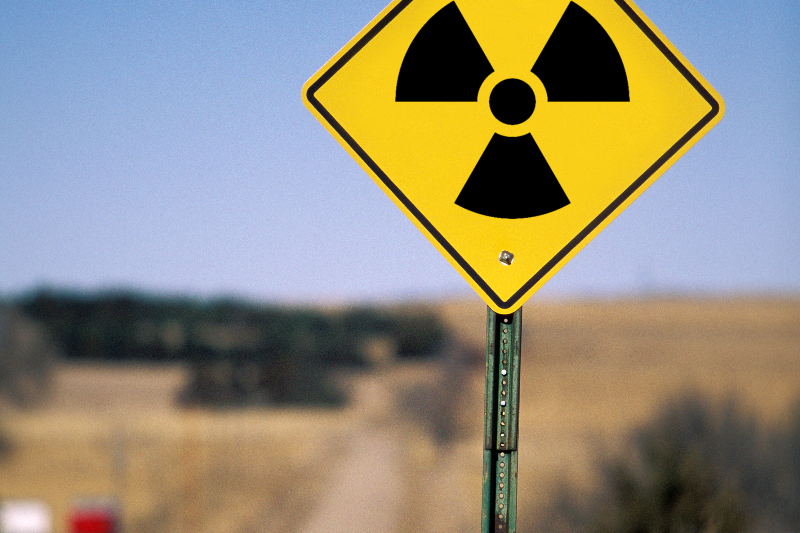
ENVIRONMENT
- Michele Madigan
- 15 March 2022
12 Comments
The long conflict between the federal government plan for a national radioactive waste facility in South Australia and the opponents of the plan has continued to escalate in the past months. On 19 November, Kimba on SA’s Eyre Peninsula was declared South Australia’s Agricultural Town of the Year. Notwithstanding this significant honour, on 29 November the federal Minister for Resources Keith Pitt finally made the formal declaration that Napandee in the Kimba district was the chosen site for the proposed federal radioactive waste dump.
READ MORE 
-
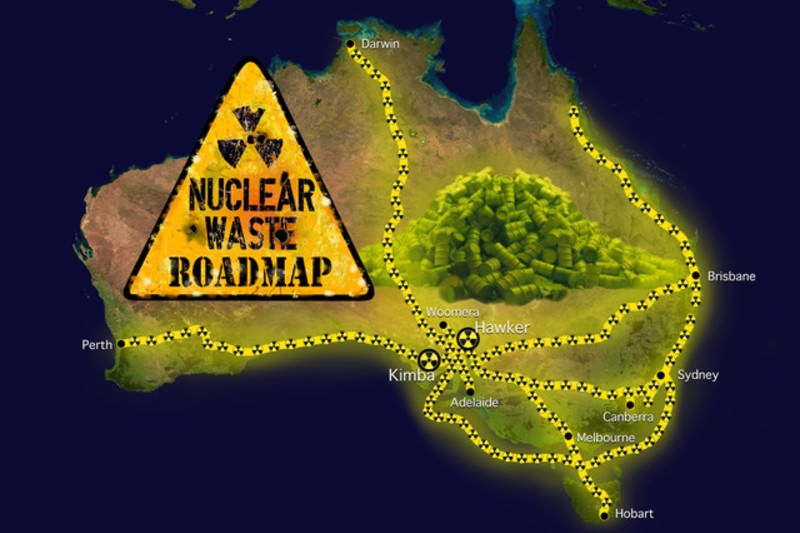
ENVIRONMENT
- Michele Madigan
- 26 July 2021
15 Comments
For several decades, successive federal governments have tried but failed to establish a national nuclear waste repository, primarily to take waste from the nuclear research reactor site operated by the Australian Nuclear Science and Technology Organisation (ANSTO) at Lucas Heights, 30 km south of Sydney. Currently a site near Kimba on South Australia's Eyre Peninsula is being targeted.
READ MORE 
-
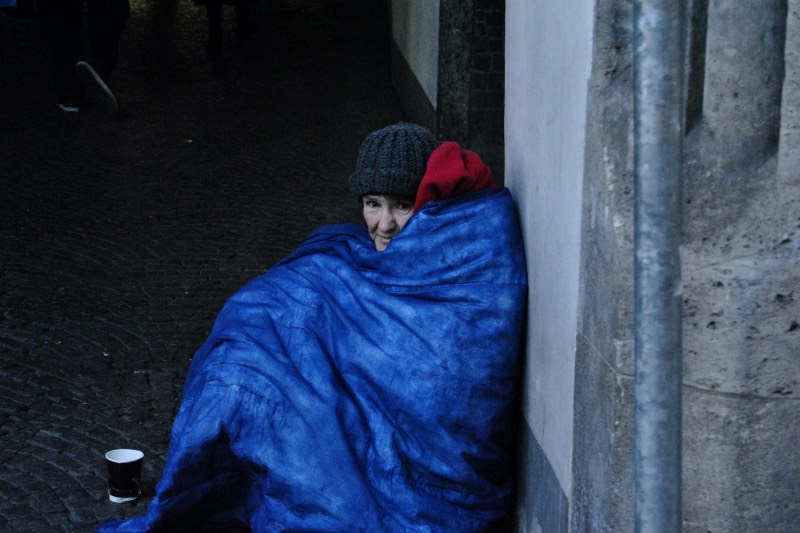
AUSTRALIA
- Michele Madigan
- 13 May 2021
9 Comments
A state government has an obligation to do what is possible within the limits of state resources to help its people, to make the state an inclusive place where all have access to essential services and housing. However, over the last few weeks, with the announcement of the funding restructure for homelessness services, this idea of a fair go seems to have dissipated.
READ MORE 
-
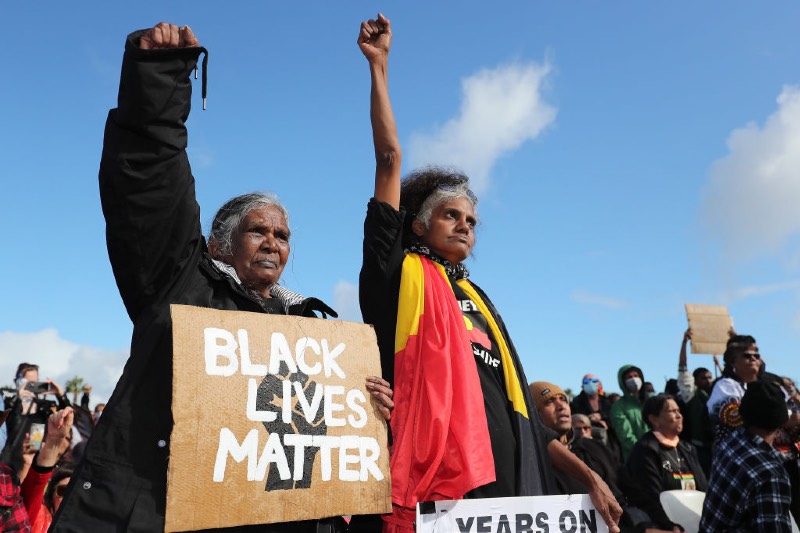
AUSTRALIA
- Michele Madigan
- 25 March 2021
13 Comments
There are a number of current issues within our present Australian political system, issues we need to remedy brought to light with strong media attention. But in contrast, how much media attention is being paid to this ongoing scandal of First Nations peoples who, while representing just 3.3 per cent of the population, now represent an extraordinary 30 per cent of the nation’s prison population?
READ MORE 
-
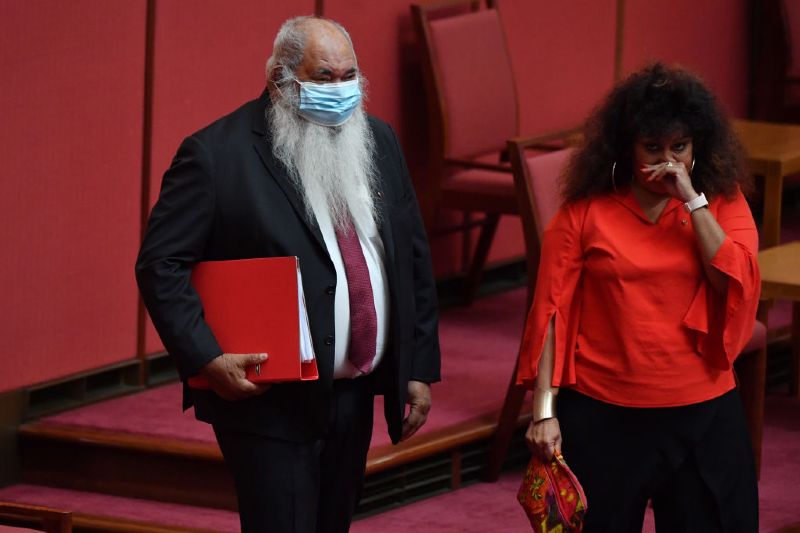
AUSTRALIA
- Michele Madigan
- 03 December 2020
12 Comments
Reading the government controlled Senate Committee recommendations regarding the current Social Security (Administration) Amendment (Continuation of Cashless Welfare) Bill 2020 and then the dissenting reports is like reading about two parallel universes.
READ MORE 
-
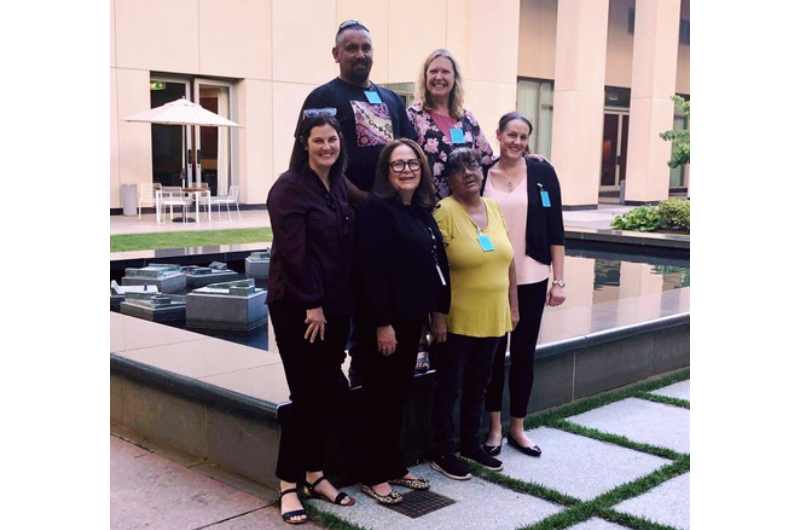
ENVIRONMENT
- Michele Madigan
- 17 November 2020
9 Comments
So in the long journey of nearly five years since the Australian federal government's renewed search for a national radioactive waste facility, it seems a new stage has been reached.
READ MORE 
-
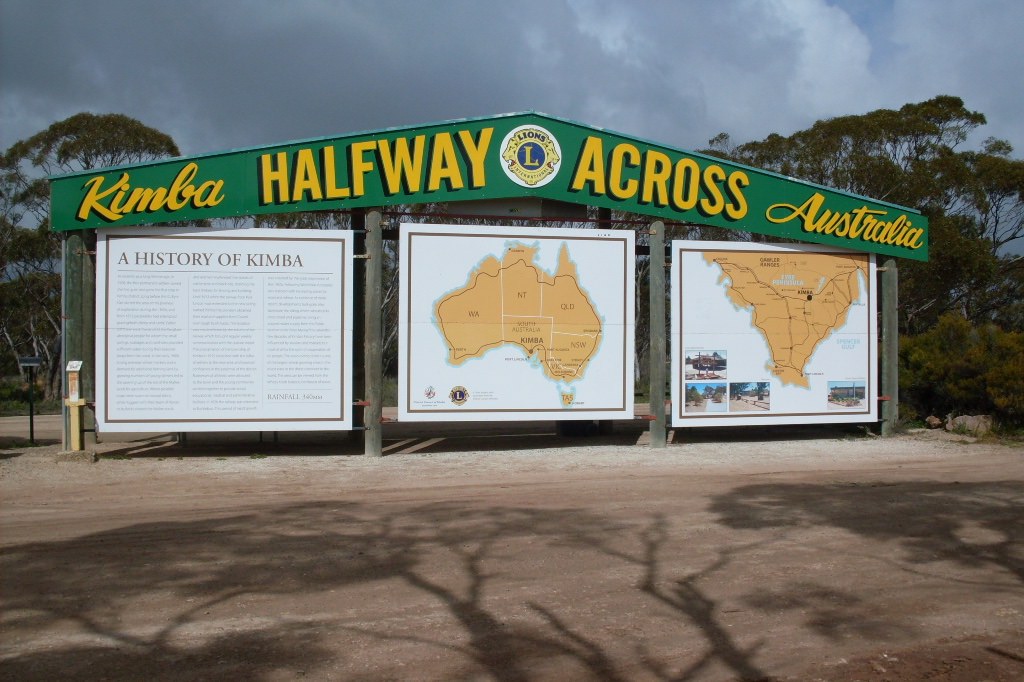
ENVIRONMENT
- Michele Madigan
- 22 September 2020
16 Comments
It may have taken five years but in the last session of the recently completed Senate Inquiry, finally a government department bureaucrat has used the phrase — '…it is a national issue.' Well certainly — 'When it suits,' one might respond.
READ MORE 